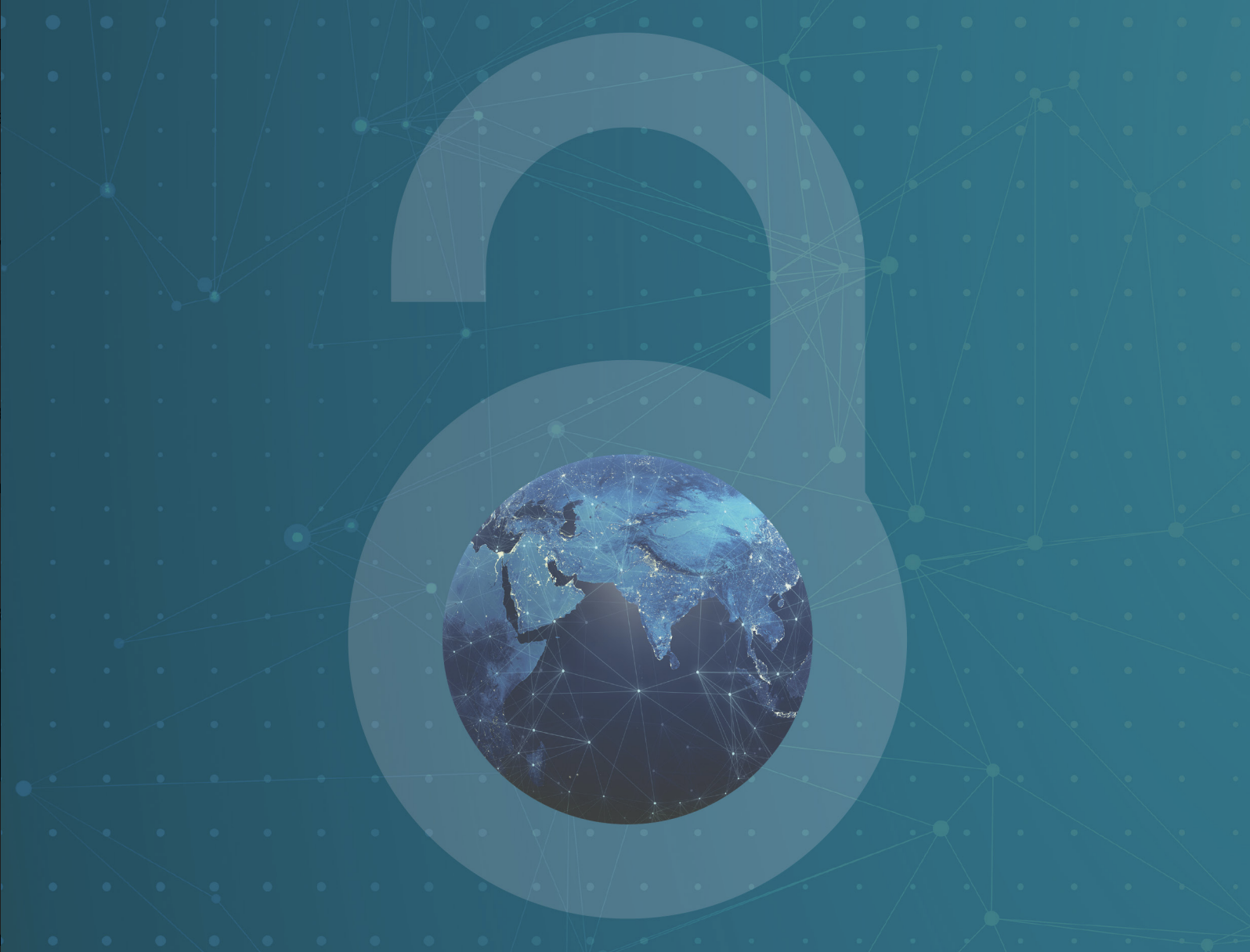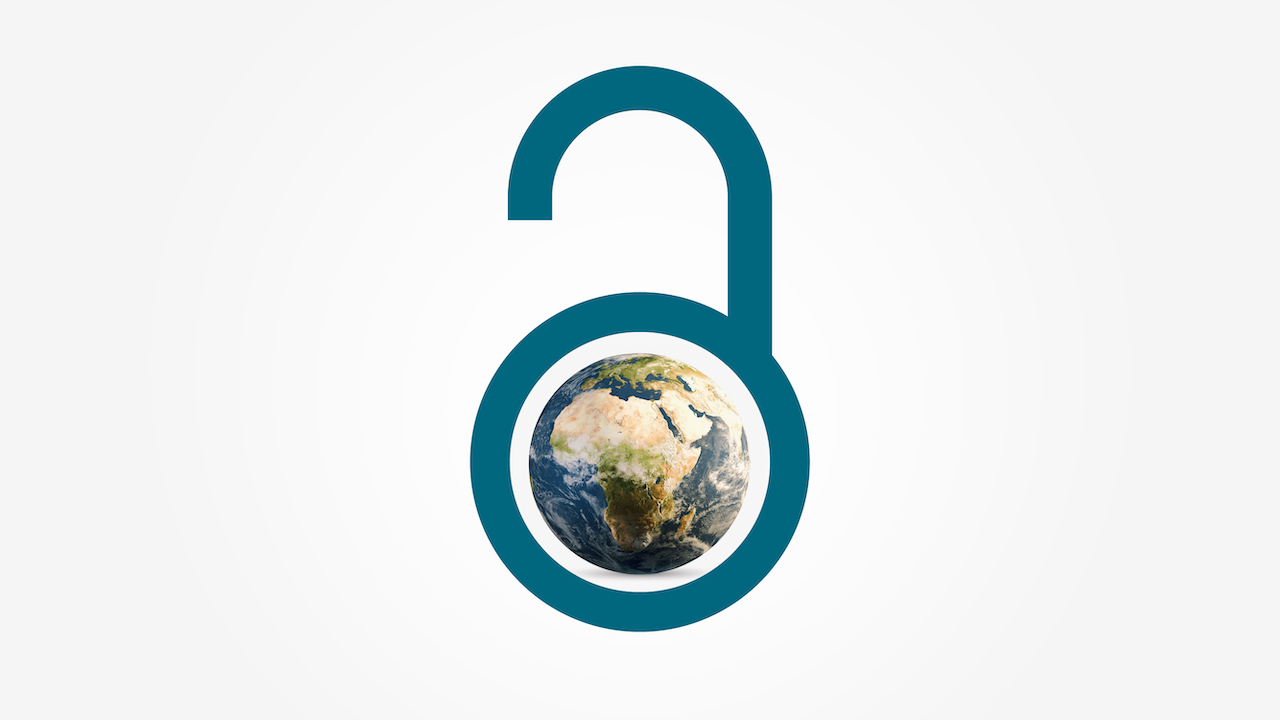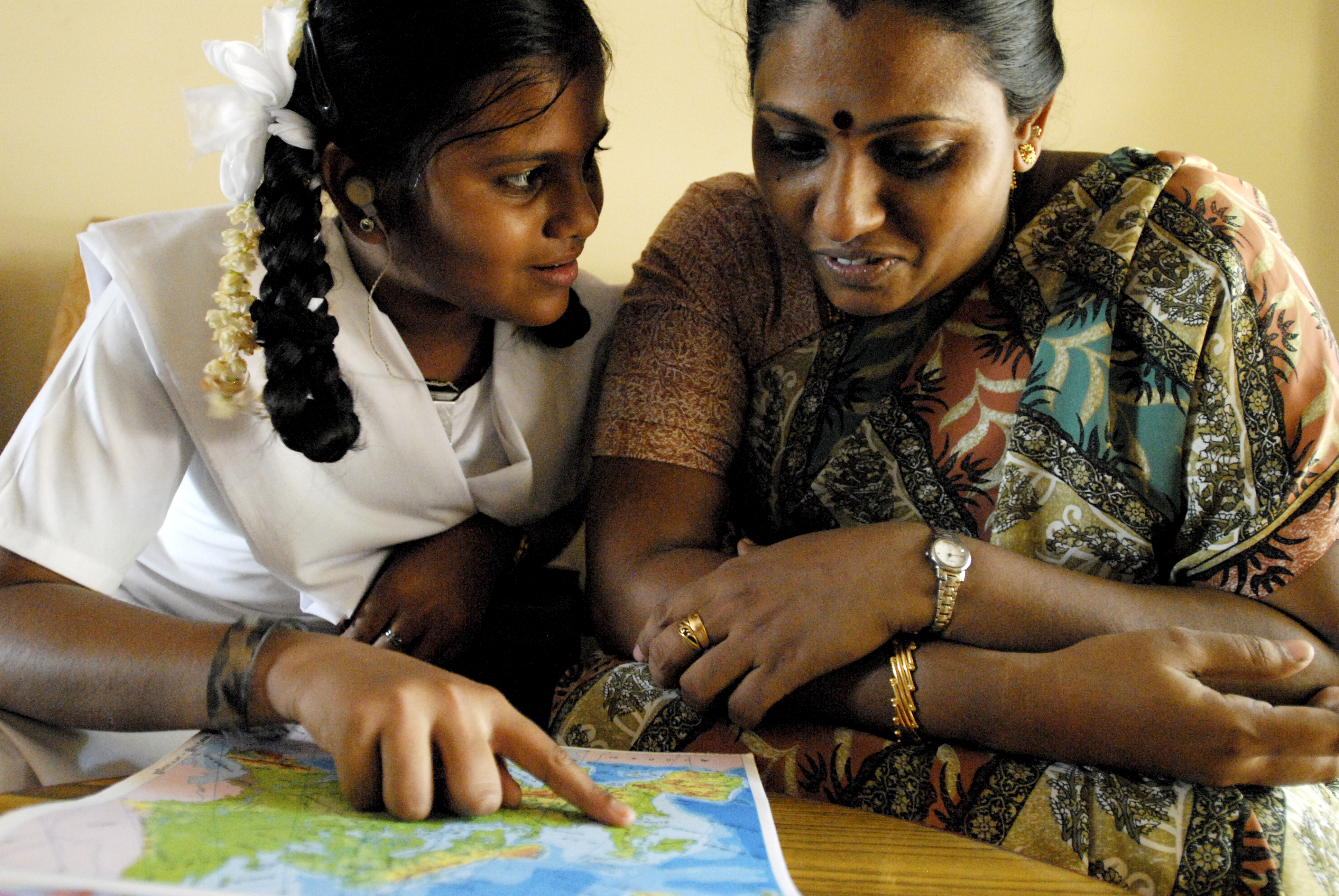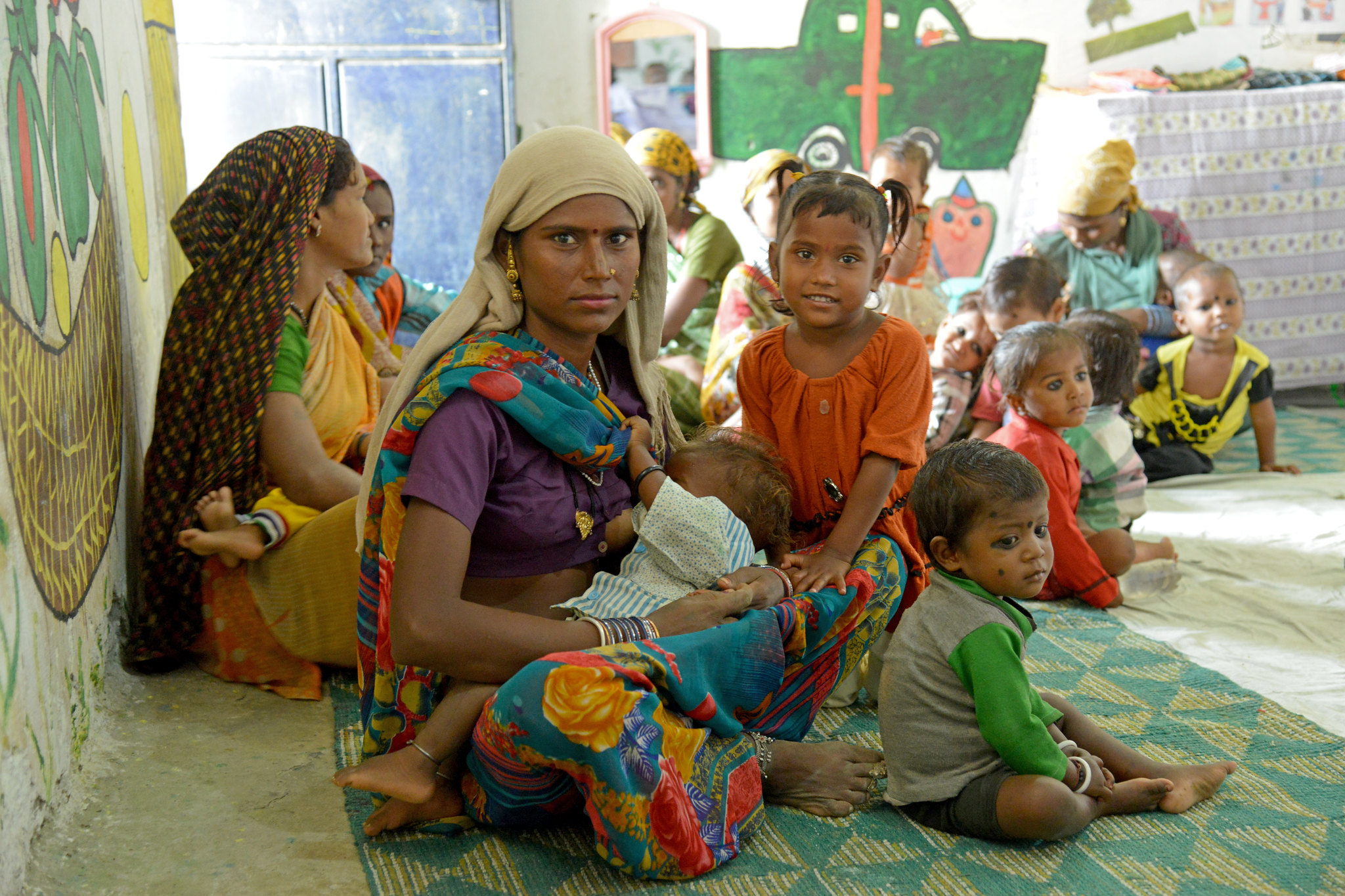Recommended

POLICY PAPERS
Research publishing is more important, more lucrative, and more broken than most people realise. The sector is dominated by an oligopoly and impeded by market failures. In 2022, the five biggest publishers had a combined revenue of US$7.7 billion, with profit margins of up to 38 percent. They made only 31 percent of their articles Open Access (without paywall) and only 25 percent of their journals were fully Open Access. The median publication charge was $2,860 but could be as high as $11,690. This means taxpayer-funded public research is too often locked behind paywalls, and researchers without the funds to publish are too often prevented from doing so. These issues manifest as a systemic global challenge comprising five elements:
-
Research does not yield the benefits to understanding the natural world and our changing ecosystems, managing our societies and economies, or facilitating technological innovation that it would if freely and openly accessible.
-
The generation of research itself is impaired through inaccessibility of previous research.
- Unnecessarily high costs of publishing research, paid by research funders, have an opportunity cost in other research foregone.
-
Participation in global research systems is inequitable.
-
A closed research publication system separates the research sector from the general public, undermining public trust in research and creating space for misinformation.
The G20, with its international influence and commitment to cooperation, has a significant role to play in promoting access to research. By advocating for effective policy change vehicles, promoting equitable funding mechanisms, and driving policy harmonisation, it can help to dismantle the barriers to research access created by the current publishing system. Perhaps most importantly, the G20 has the ability to change the way that research publishing is perceived. To recognise, and help others to recognise, that the systems we have for sharing new knowledge are failing us, are doing so in spite of technological developments that should make dissemination trivial and that this impairs our societies in profound ways.
This blog builds on a previous CGD blog highlighting that research publishing is an important issue for global development, and summarises a new CGD Policy Paper: Research Publishing is an Under-Recognised Global Challenge: Opportunities for the G20 to Act.
Fragmented Progress…
The Open Access movement, which began over two decades ago and gained momentum through key milestones like the Berlin, Bethesda, and Budapest conferences, has put pressure on traditional publishers to make research more accessible. While many public and philanthropic agencies have implemented Open Access mandates, resulting in some new research becoming available without paywalls, barriers and high costs still exist. European-led initiatives like cOAlition S have accelerated a shift towards pay-to-publish models, inadvertently limiting participation from researchers in emerging economies, which are increasingly contributing to global research output. More attention should be paid to alternative, effective, low-cost models for digital publishing of research such as Brazil's SciELO (Scientific Electronic Library Online) or the Latin American regional initiative AmeliCA. Without significant reforms that consider these diverse global perspectives, the research publishing landscape risks fragmenting into regional silos, thereby perpetuating inequities and hindering international collaboration essential for addressing global challenges.
Figure 1: Timeline of key Open Access moments

…In Need of Global Leadership
High-level leadership is needed and the G20 is well placed to provide it. G20 countries represent the full spectrum of research investment, encompassing leading research producers, countries with small but growing research sectors, countries pioneering new models for research publishing, and includes the countries of the big five publishers.
A critical issue is that research publishing reform is too often seen as merely a niche concern for researchers, rather than an important global challenge that underpins human progress. The G20 can change this. The significance and stature of the group means leaders can elevate the discourse on research publishing reform and offer a vision for radical change. They can acknowledge that switching the locks from pay-to-read to pay-to-publish is not a viable solution for much of the world, and can agree that, in the 21st century, digital technology means that curation of the most important research can be separated from its publication.
In addition, there are three specific issues that could be taken up by the G20:
-
Endorsement of cOAlition S: While initial efforts may have facilitated a shift towards a pay-to-publish model that does not work for most of the world, cOAlition S remains the most promising vehicle for reform and is actively exploring alternative models from emerging economies.
-
Championing equitable funding: There will be costs to infrastructure that is likely to be needed for research publishing reforms. This necessitates innovative and equitable funding mechanisms that ensure all researchers, irrespective of their geographical location or institutional affiliation, can publish their work Open Access.
-
Policy harmonization: G20 is a high-level political platform and may not be the right forum for negotiating comprehensive Open Access policies. But if the G20 nations were to endorse specific Open Access policy positions, it would provide direction for national and multilateral initiatives.
There is a window of opportunity. India, which holds the G20 presidency, is already lighting a path by putting research publishing on the agenda of several G20 engagement groups. These groups, particularly the Chief Scientific Advisers Roundtable, can seize the moment and harness the influence of the G20 to pursue effective, efficient, and equitable research publishing. They would do well to work with leaders from Brazil and South Africa, who will hold the presidency in 2024 and 2025 respectively, to ensure momentum for reform is sustained.
Ensuring low-cost universal access to research is a complex and multifaceted challenge, but one that the G20 is well-positioned to address. Such efforts are vital for advancing global knowledge, promoting innovation, and ultimately creating a more prosperous and equitable world. We need all this for greater impact from research, improved research quality, better value for public funds, fairer participation, and greater trust in new knowledge. Because open and transparent access to the results of cutting-edge research is an antidote to the epidemic of misinformation and cynicism of our age.
Disclaimer
CGD blog posts reflect the views of the authors, drawing on prior research and experience in their areas of expertise. CGD is a nonpartisan, independent organization and does not take institutional positions.





